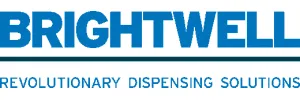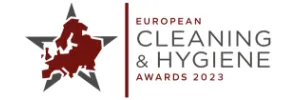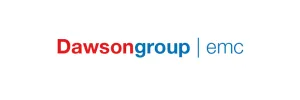Our Blog
Our treasure trove of resources, tips and tricks

Posted on 20 May 2015 by Ceris Burns
Recycling 101: the message and the medium
Communications about recycling must move with the times. Perceptions about recycling are changing, and so too are the ways people access information.

Most of the population now has at least a rudimentary awareness of the what and why of recycling. It’s now time to turn to the how, and by that we don’t mean how to separate your waste into the blue box / yellow bag / brown bin – we mean how are materials actually recycled?
Messages to the public about recycling traditionally have been focused on giving instructions, with the add-on that it’s ‘good for the planet’ (insert smiley). But we’ve reached a stage now where that simply doesn’t wash – there is disconnect between behaviour and perception.
In order to reduce cynicism in the recycling movement and encourage more responsible resource use, we need to be more honest and engaging about the challenges faced by the sector. Particularly since the latest oil price drop and its traumatic effects on UK recycling, engaging people in the real recycling story is more important than ever.
Financial buffer
Waste management companies have traditionally provided a financial buffer for waste producers, delivering collection, treatment and disposal services at a fixed price. It’s likely that this will change, as the bottom line is so drastically affected by global commodity prices. Waste management companies will have to start putting some of this risk onto waste producers, and in order to do that they will need to start a difficult conversation.
Anyone who has taken out a mortgage will appreciate that it’s best to buy when there is ample supply and prices are low, and best to sell when there is a housing shortage and prices are higher. This is perhaps where we need to restart the conversation with society about recycling. We need to explain that recycling is a matter of supply and demand, and that the market can therefore be fickle. As an industry we need to engage waste producers in the bigger story.
Talking the talk
The level of engagement needed to keep society on-side with recycling is best delivered through multiple channels, particularly those that invite dialogue. While the printed word in industry journals, council newsletters and consumer magazines is always valuable, online platforms can go a level deeper and enable organisations to build trust with their customers.
Social media is an ideal platform for delivering this level of engagement. Councils and companies have achieved excellent engagement with their customers on recycling and other issues via Twitter and Facebook. These avenues are more familiar and therefore comfortable spaces for people than, say, a council feedback form or info@ email address.
Driving people to a Twitter account or Facebook page isn’t black magic, but it does require a good understanding of content marketing. This blends journalism, marketing and technical writing skills to create engaging content that benefits the reader.
By offering a deeper understanding and expert insights, readers can appreciate the broader implications of the story, and how it affects their lives. This is the direction that online engagement is taking across the board, and the resource management sector would do well to make the most of this opportunity to engage on a deeper level.
Finally, the humble website – once upon a time it was enough just to have a website. These days, to avoid being penalised by Google, websites need to be responsive (designed for viewing on all devices including phones and tablets). With over 40 per cent of all internet traffic taking place on handheld devices, the appearance and functionality of your site needs to adjust accordingly (see www.cbipr.com for a good example), keeping in step with people’s preferences. The increasing use of smart phones offers a powerful opportunity to have a genuine online presence and build trust with customers.
With major changes taking place in the resource management sector, it’s vitally important that we get our messages and channels right, else we risk losing our audience and our chance to take the British public with us towards a circular economy.
Ceris Burns International works across the recycling, waste management and facilities management sectors, helping organisations and businesses to engage with their audiences and build long-lasting customer relationships. Visit us online at www.cbipr.com and download our free guide to selling recycling to a sceptical public and encouraging recycling behaviour in the workplace.
Published on Recycling Waste World – May 2015
Categories
- Branding
- Crisis Management
- Digital PR
- Environmental PR
- General News
- Guest Blogs
- International Insight
- Our Blog
- SEO Updates
- Social Media
- Uncategorised
Experts in Public Relations Services & Communications Management
Our ServicesGenuine industry specialists in cleaning and hygiene, environmental and recycling, and facilities management
Our Sectors












